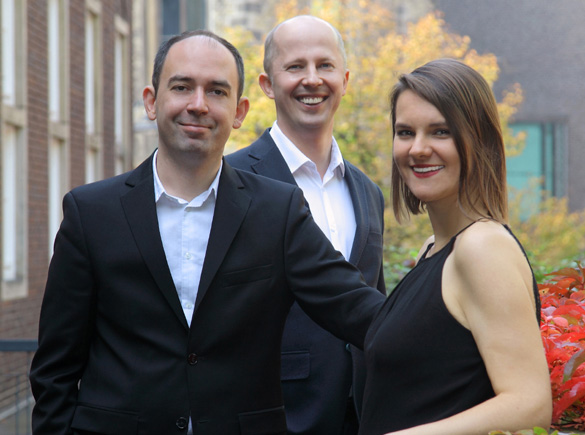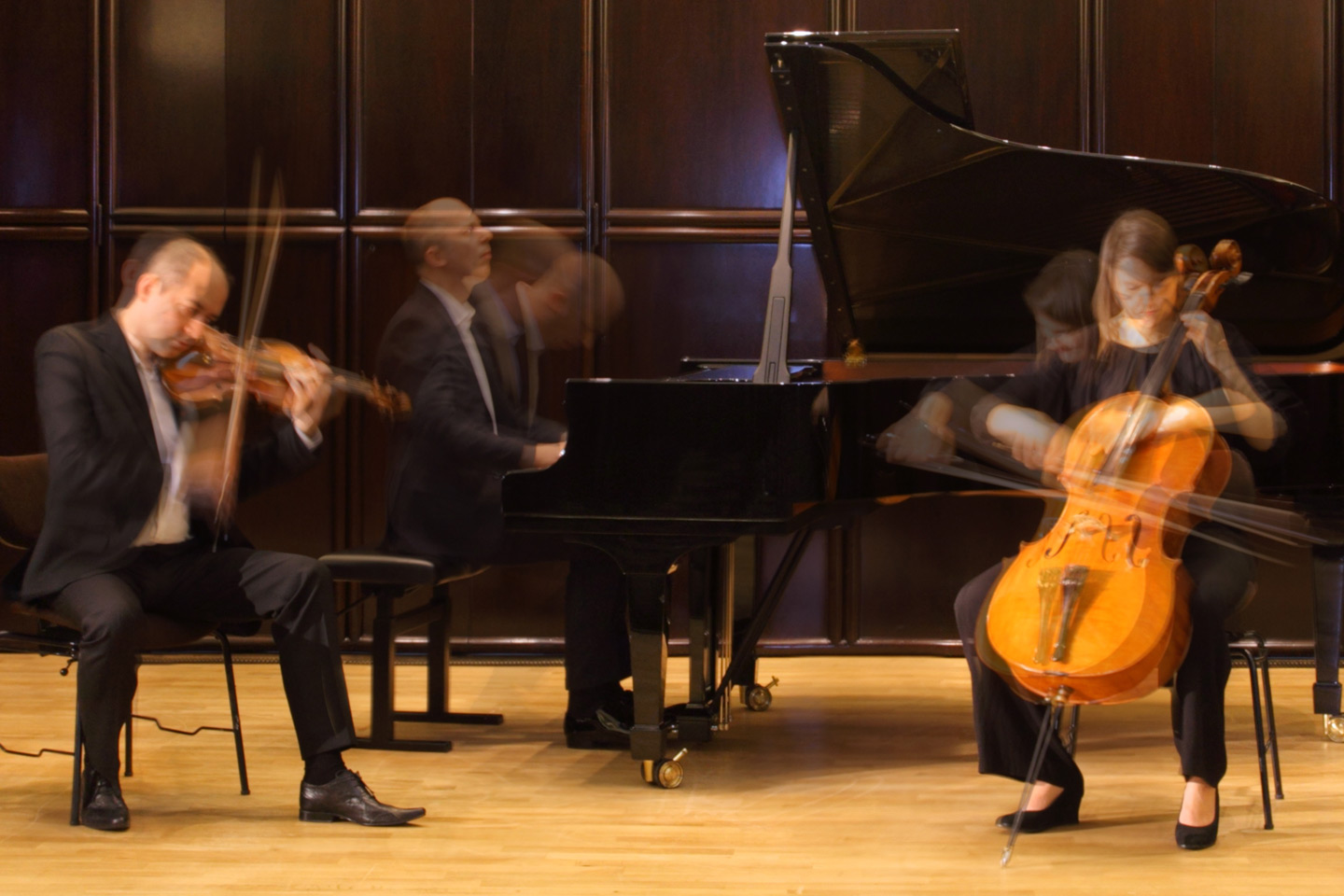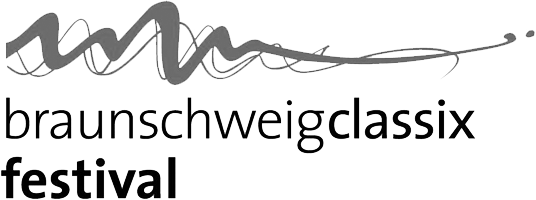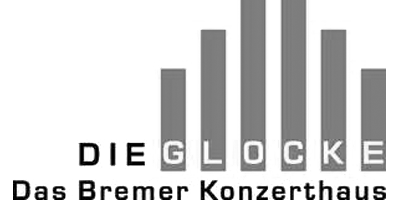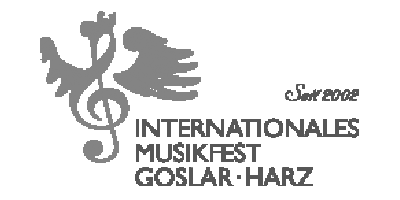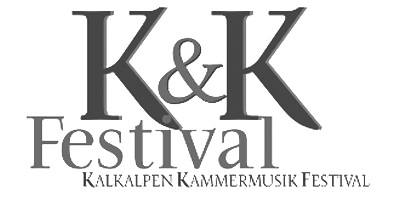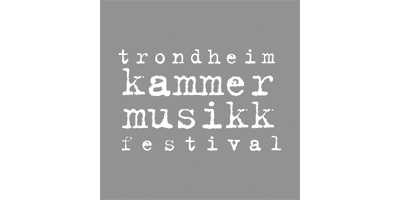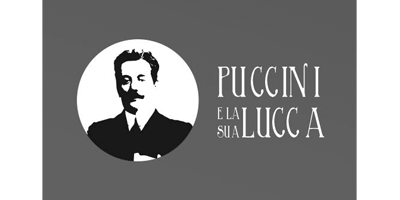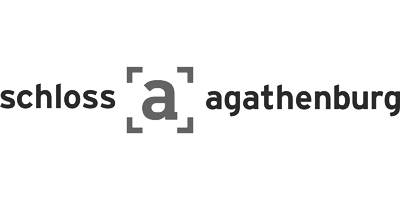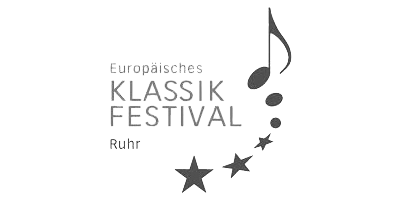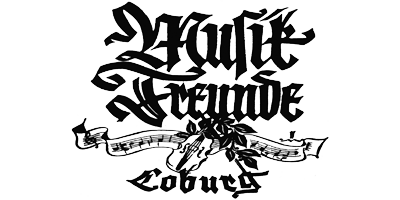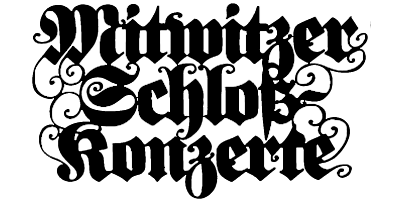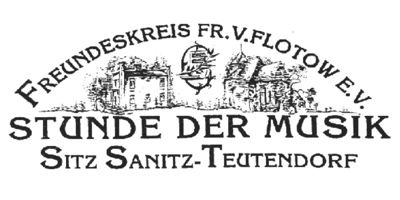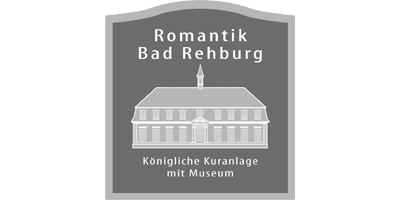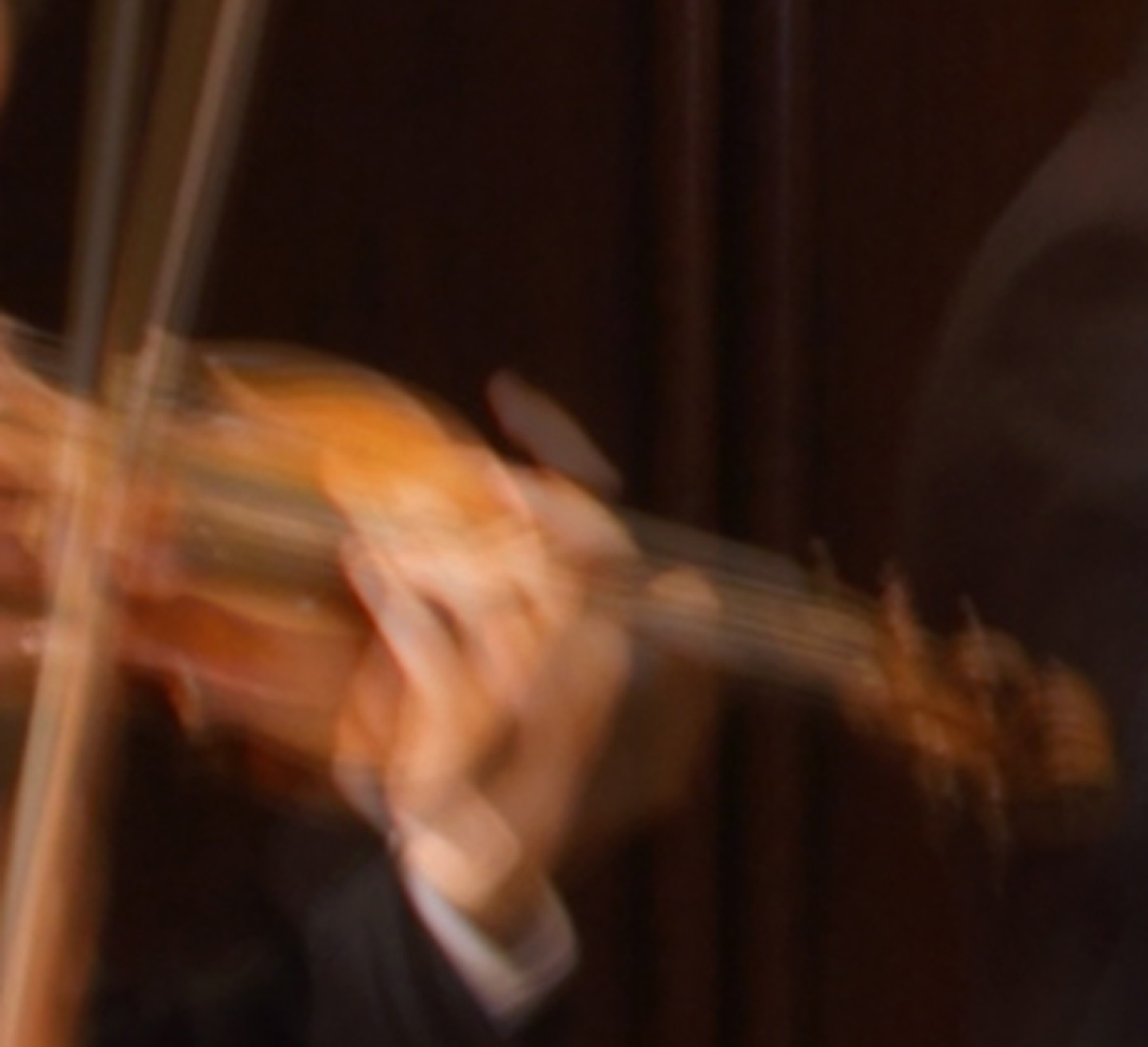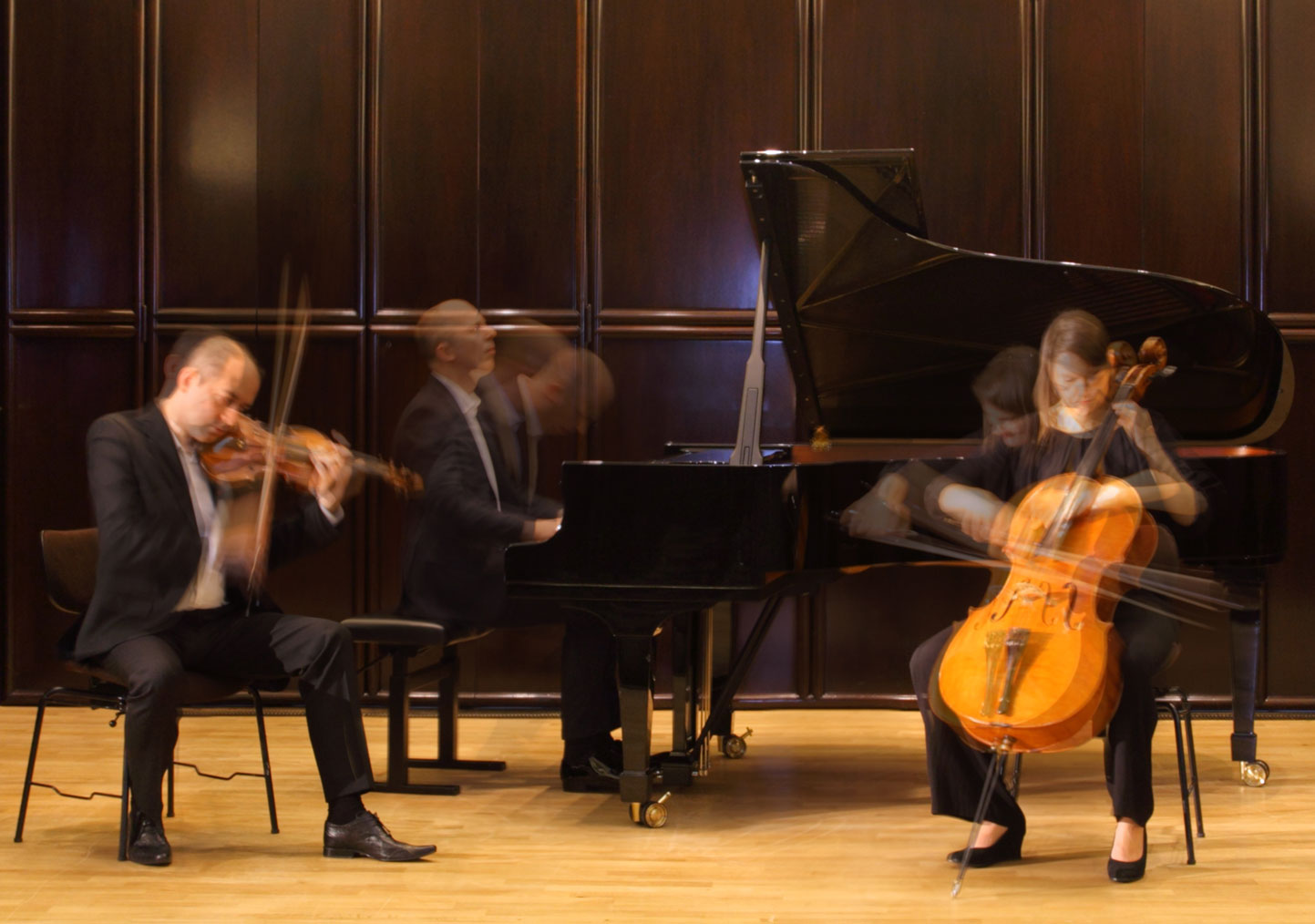
Panufnik Trio
Watch the trailer
Our Story
The Panufnik Trio has been active since 2003. Three musicians — Pawel Zuzanski (violin), Lynda Anne Cortis (cello) and Artur Pacewicz (piano) — chose Andrzej Panufnik as their patron, the Polish composer (1914-1991) who emigrated to Great Britain.
All members are winners of prestigious solo competitions and experienced musicians, but their shared passion for chamber music truly unites them.
The trio has collaborated with distinguished musicians, including Shmuel Ashkenasi, Hatto Beyerle, Elmar Budde, Erich Höbarth, Avedis Kouyoumdjian, Vladimir Mendelssohn, Ferenc Rados, Christoph Richter, Gábor Takács-Nagy, Gérard Wyss and Gerrit Zitterbart. Ensembles such as the Artis Quartet and Jean-Paul Trio have also greatly influenced their artistic concepts and direction.
From 2005 to 2008, the Panufnik Trio was a member of the ECMA (European Chamber Music Academy), which promotes young international string quartets and piano trios. The ensemble participated in sessions and lectures with tutors in Hannover, Oslo, Vienna, and Zurich.
In 2005, the trio won third prize at the Charles Hennen International Chamber Music Competition in Heerlen, The Netherlands. In 2006, they participated in the 4th Trondheim Chamber Music Festival and Academy, where they were coached by Joseph Kalichstein and Lars Anders Tomter. During this event, the trio also had the opportunity to work on its modern repertoire with David Harrington of the Kronos Quartet.
In 2007, the trio received a scholarship from the Märkischer Culture Conference. The jury praised the "high standards of the individual players, which consistently enhanced the ensemble" and their "interpretations of youthful freshness and captivating momentum".
The trio performs throughout Europe, with appearances at the Musikfest Goslar (Germany), the Braunschweig Classix Festival (Germany), the Kalkalpen Kammermusik Festival (Austria), the Festival Pablo Casals Prades (France), the Festival di Pasqua e Pentecoste (Italy), the Festival Puccini e la sua Lucca (Italy), the Krönungssaal of the Aachen Rathaus and the Philips Hall in Eindhoven (The Netherlands). They have also performed Ludwig van Beethoven’s Triple Concerto with the Philharmonie Gotha-Suhl and the Märkisches Youth Orchestra.
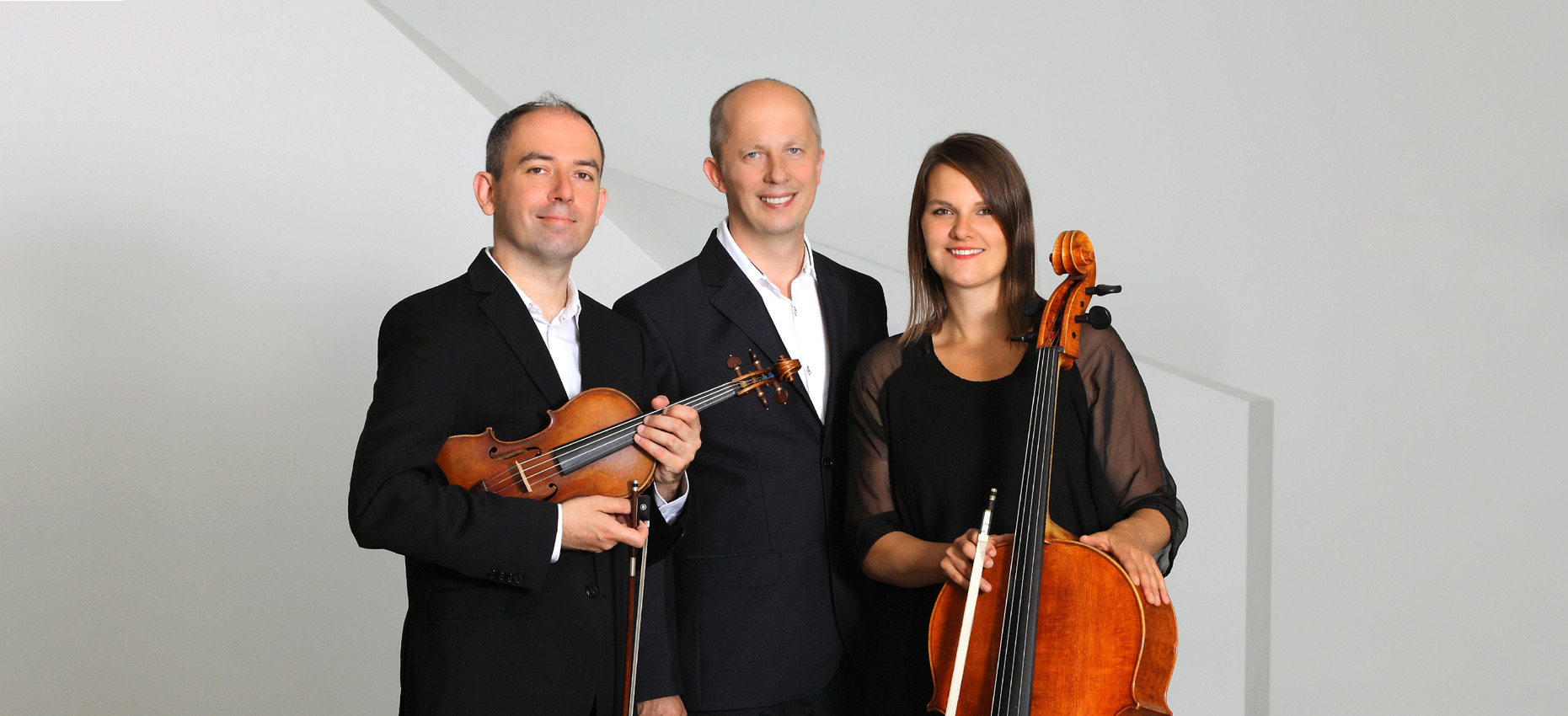
“Interpretations of youthful freshness and captivating momentum”
Märkischer Culture Conference
See Us
-
16 Feb 25
Rathaussaal Bad Driburg
Beethoven, Grieg, Schubert
-
24 May 25
Focke Museum Bremen
Haydn, Schubert, Brahms
-
3 May 26
Castle Bückeburg
Beethoven, Shostakovich, Brahms
Hear Us
About Us
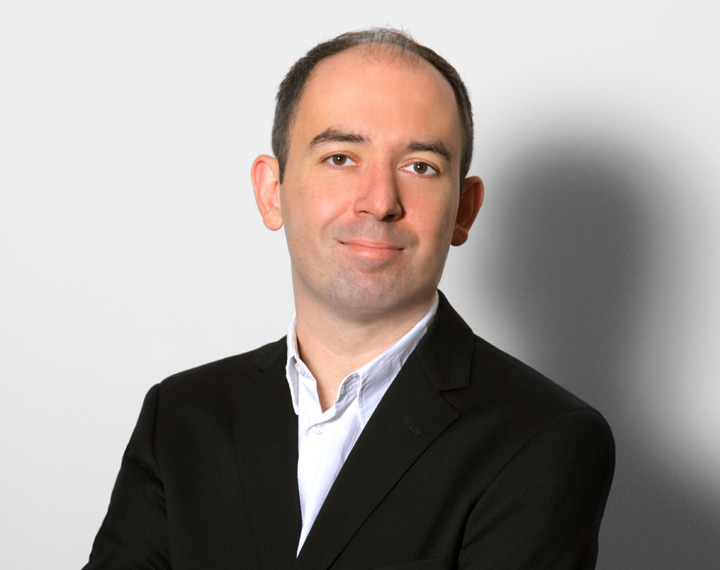
Pawel Zuzanski
Violin
Pawel was born into a family of musicians in Kielce, Poland. At the age of twelve, he made his debut with the Kielce Philharmonic Orchestra, performing J. S. Bach’s Concerto in A Minor. He studied under Prof. Zenon Ploszaj at the Music Academy in Lodz, Poland, and Prof. Adam Kostecki at the Hochschule für Musik und Theater in Hannover, Germany.
As the leader of the Polish Camerata Chamber Orchestra and the New Philharmonic Orchestra Cologne, he toured extensively across Europe, South America, Australia, and New Zealand. He also performed as a soloist and chamber musician at venues including the Vendsyssel Festival, the Berliner Sommerklassik Festival, Aarhus Concert Hall, the Sydney Opera House, London’s Conway Hall and the Palladium in Malmö.
Pawel is a prizewinner of the Orlando Prize for Music at the Dubrovnik Summer Festival as a violinist with the Henschel Quartet.
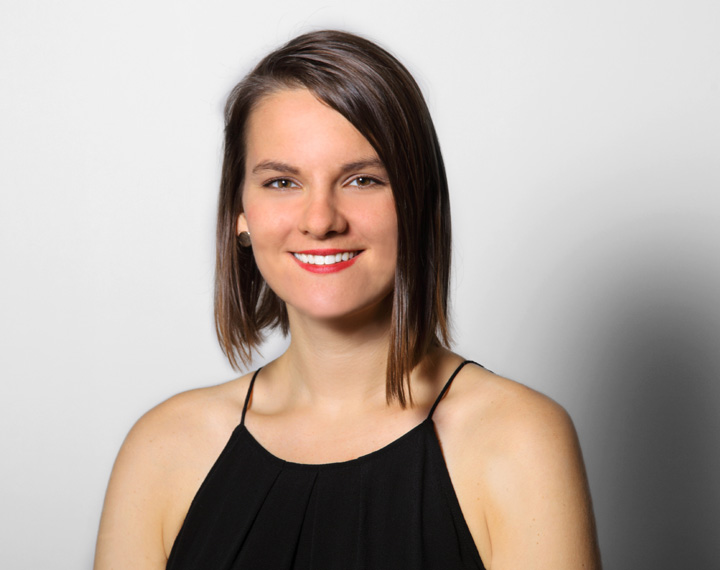
Lynda Anne Cortis
Cello
Lynda was born into a family of musicians in Hamburg, Germany. She began studying the violin with her mother at the age of three, followed by piano lessons at six. At ten, she switched from the violin to the cello.
She is a multiple first-prize winner in the "Jugend musiziert" competition and won the Leipzig Piano Competition at the "Johann Sebastian Bach" Music School. In 2003, she received the Hans Sikorski Memorial Award and a special prize from the NDR Symphony Orchestra. In 2008, she won first prize in the solo strings competition at the University of the Arts Bremen. She studied at the University of the Arts Bremen under Prof. Alexander Baillie and completed her diploma in 2011 in the class of Stephan Schrader.
During her studies, Lynda was a member of the Junge Deutsche Philharmonie for several years and now regularly performs as a substitute with the Deutsche Kammerphilharmonie Bremen.
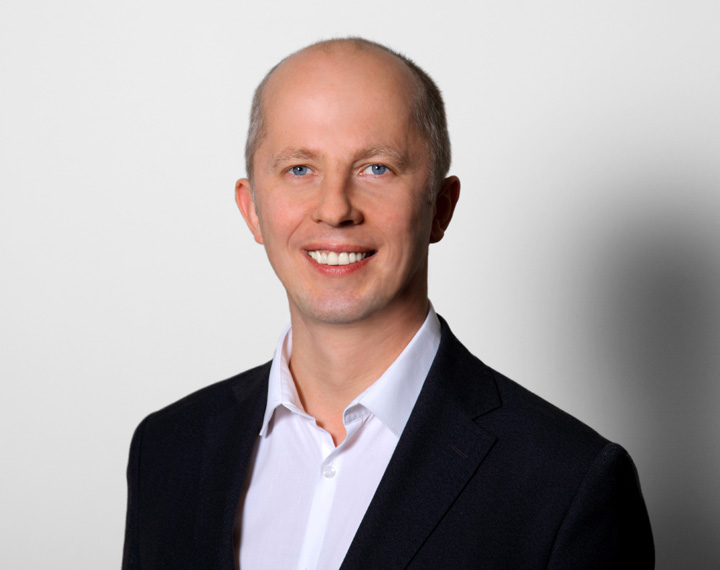
Artur Pacewicz
Piano
Artur was born in Poland and graduated from the Stanisław Moniuszko Academy of Music as a student of Prof. Waldemar Wojtal. He continued his education at the Hanover University for Music, Drama and Media, where he studied under Prof. Gerrit Zitterbart and earned another degree in 2004.
Among the numerous competitions where Artur won prizes, two stand out as particularly significant: first prize at the International Chopin Competition in Varna, Bulgaria, and the Milos Magin Competition Award in Paris, France.
From 2009 to 2011, he served as a lecturer at the Hanover University of Music, Drama and Media. His passion for the pedagogical aspect of music teaching developed early on, naturally leading to master classes. These included courses in Poznań, Poland, as well as sessions at the “Music Without Borders” and “World Classics at the Piano” festivals in Rysum, Germany.
Repertoire 2025/2026
Viennese Classicism
Joseph Haydn – Piano Trio in E minor, Hob.XV:12
Joseph Haydn – Piano Trio in E-flat major, Hob.XV:29
Wolfgang Amadé Mozart – Divertimento in B-flat major, K.254
Ludwig van Beethoven – Complete Piano Trios
19th Century
Franz Schubert – Complete Piano Trios
Felix Mendelssohn – Piano Trio in C minor, Op.66
Johannes Brahms – Piano Trio in G major after String Sextet, Op.36 arr. Th. Kirchner
Johannes Brahms – Piano Trio in C major, Op.87
Antonín Dvořák – Piano Trio in E minor, Op.90, „Dumky”
20th Century
Frank Bridge - Piano Trio in C minor "Phantasy", H.79
Joaquín Turina – Piano Trio in B minor, Op.76
Dmitri Shostakovich – Complete Piano Trios
Andrzej Panufnik – Piano Trio, Op.1
Robert Muczynski – First Piano Trio, Op.24
Mikołaj Górecki – Six Bagatelles
References
Get In Touch
If you would like to learn more, please send us an email. We welcome your comments and suggestions regarding this website or any other matters you wish to raise.


